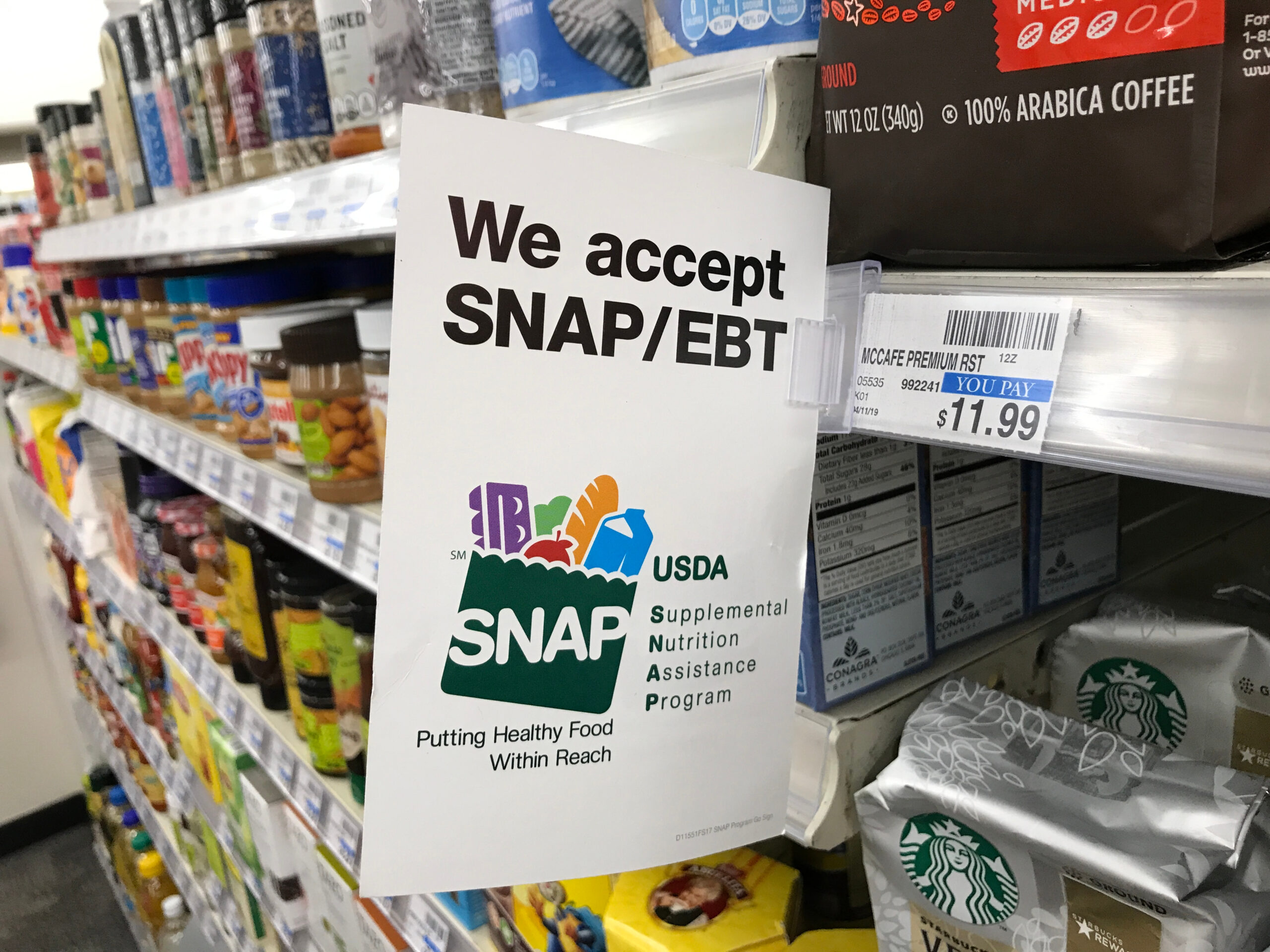Food Stamps Program Overpaid In Roughly 10% Of Transactions

The Supplemental Nutrition Assistance Program, commonly referred to as food stamps, was designed as a way for struggling Americans to feed themselves and their families.
Like many other government assistance programs, however, it has become a bloated bureaucracy in which those who oversee its expenditures are largely unaccountable for wasted money.
That was on full display in a recent review that found the U.S. Department of Agriculture provided erroneous SNAP benefits in about 10% of all transactions.
The agency issued a statement in which it sought to explain the troubling statistics, asserting: “Payment errors are largely due to unintentional mistakes by either the state agency or a household that result in a state determining an applicant is eligible when they are not or incorrectly calculating a participant’s benefit amount.”
Although there has always been some amount of waste associated with food stamps, the rate of overpayment has ticked up significantly since the COVID-19 pandemic. In 2018, overpayments were about 6.8% and that percentage increased to 7.4% the following year.
On a related note, SNAP has ballooned to twice its size since 2019. Prior to COVID-19, the program paid out about $55.6 billion per year, whereas the most recent estimate was a staggering $113.9 billion.
Roughly 41 million Americans currently receive monthly payments that average $230.
The rate of overpayments varies significantly across the nation, with South Dakota registering the lowest at just 3% and Alaska at the other end of the spectrum with a whopping 57% of payments flagged as excessive.
Across all federal agencies over the most recent fiscal year, the Government Accountability Office determined that overpayments reached an estimated $247 billion. Of course, the report advised that a specific figure is impossible to ascertain and could be even higher than the estimate.
Increased fiscal responsibility was a key sticking point in negotiations that resulted in a debt limit hike. Although many conservatives were not satisfied with the concessions House Republicans made in the process, some prominent figures touted entitlement reform as a win for the GOP.
“It is a step toward creating a smaller government, lower taxes, less regulation, economic growth, prosperity, and more take home pay,” said former House Speaker Newt Gingrich (R-GA). “All of this will also strengthen Social Security and Medicare.”






















